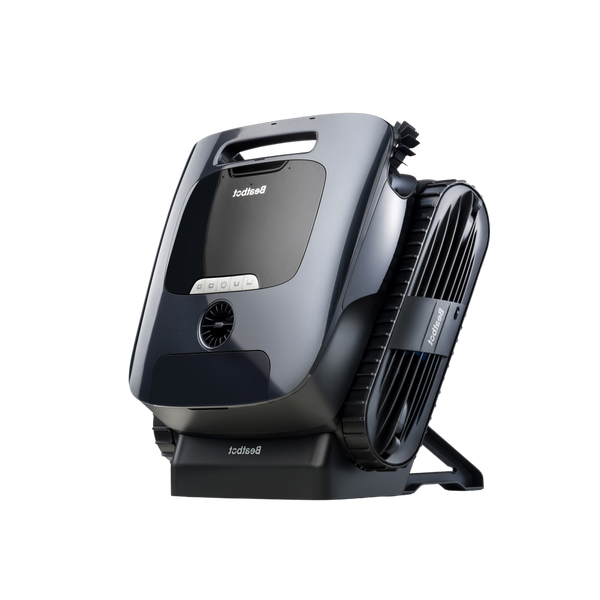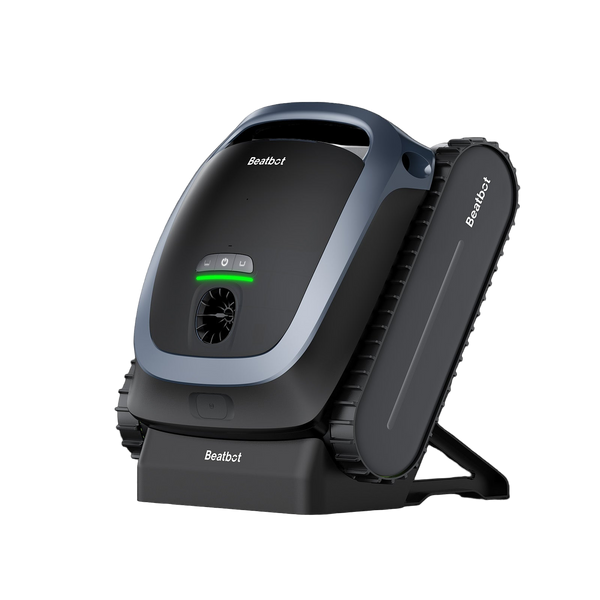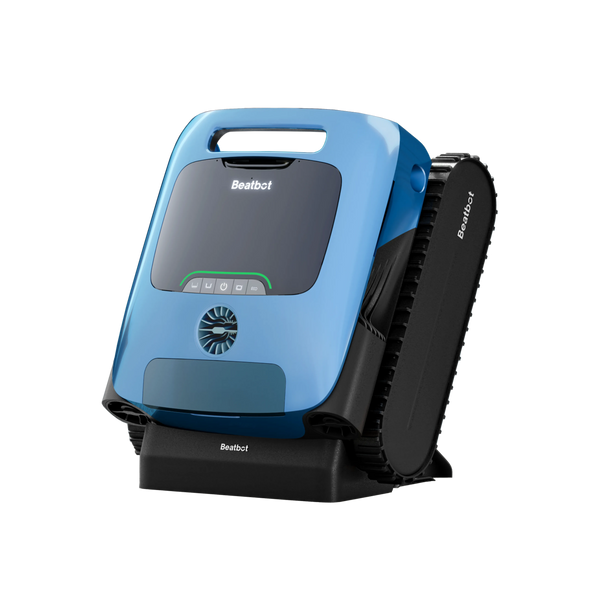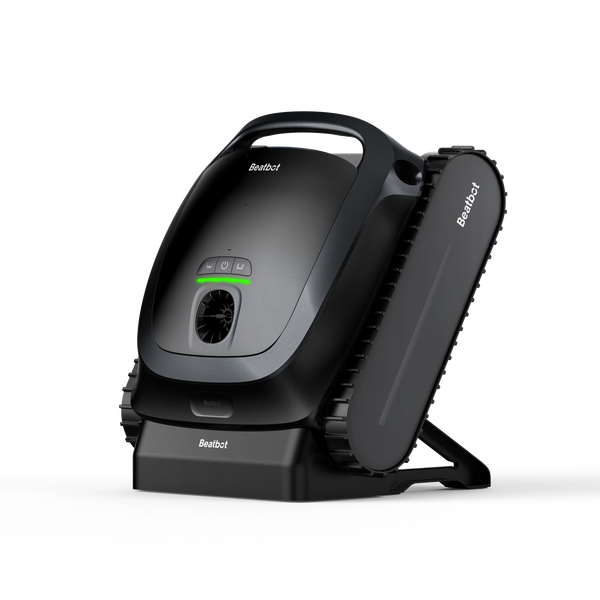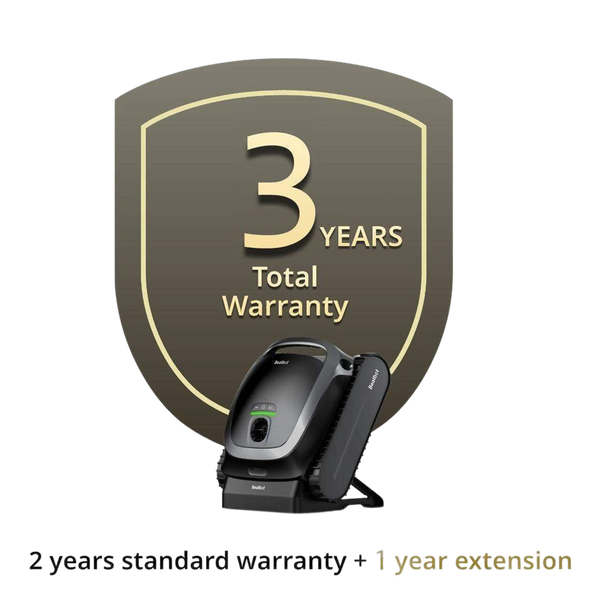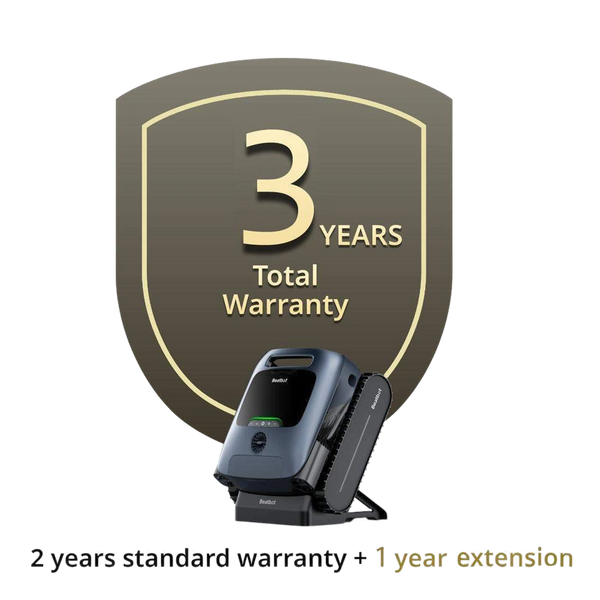Discovering the Gallons in Your Above-Ground Pool
Do you want to know how many gallons of water are in your above-ground pool? As a pool owner, it's important to know this information, whether it's for purchasing the right equipment, adding the appropriate amount of chemicals, using pool cleaners suited to the size, and so forth. Regardless of the reason, understanding the volume of your pool can significantly impact your daily enjoyment, cleaning, and maintenance of the pool.
Table of contents

Understanding the Necessity of Pool Capacity: Comprehensive Planning and Management for Your Pool
Precisely Calculating Required Water Volume
Knowing your pool's water volume aids in accurately estimating filling costs, thereby avoiding unexpected expenses. By calculating the number of gallons, you can easily estimate the total cost based on local water prices. This foresight allows you to set a budget when planning pool installation and provides guidance for your future pool maintenance costs.
Understanding the Impact of Pool Volume on Buying Decisions
Knowing the number of gallons your prospective pool can hold is crucial when it comes to making an informed purchase decision. Here's how it can assist you:
Cost Estimation : Determining the water capacity allows you to estimate the cost of filling the pool. This includes water delivery services and potential charges from your local water supplier.
Chemical Expenses : Larger volumes require more chemicals to maintain water balance and cleanliness. Understanding the pool’s volume gives you a clearer picture of ongoing maintenance costs.
Filter and Pump Sizing : The size of your pool also influences the type of pump and filter you need. An appropriately sized system ensures efficient circulation and filtration, impacting both installation and operational expenses.
Heating Considerations : If you plan to heat your pool, knowing its capacity helps in selecting the right heater size. This affects energy use, thereby impacting utility bills.
Plan for Usage and Activities : The pool’s gallon capacity also determines the kind of activities it's suitable for. Whether it's leisurely swimming, playing games, or hosting parties, knowing the volume helps ensure it meets your needs.
By taking into account these factors, you can align your choice of pool with your budget and intended usage, ensuring you're making a smart investment.
Rational Planning of Heating Needs
If you wish to enjoy your pool during cooler seasons, knowing the water volume will help determine your heating requirements.
The gallon calculator can estimate the amount of water you need to heat, enabling more efficient energy utilization. This information assists in selecting the appropriate pool heater size and ensuring a comfortable swimming temperature. Additionally, it helps you decide on the most suitable heating method.
Accurate Budgeting for Filling Costs
Knowing your pool's water volume aids in accurately estimating filling costs, thereby avoiding unexpected expenses. By calculating the number of gallons, you can easily estimate the total cost based on local water prices.
This foresight allows you to set a budget when planning pool installation and provides guidance for your future pool maintenance costs.
Implementing Safety Precautions
Pool safety is paramount, and knowing the water volume aids in implementing appropriate safety measures.
The gallon calculator helps assess the water volume to determine the necessary barriers and covers.
This not only complies with safety regulations but also enhances your peace of mind while your family enjoys the pool. Proper safety precautions protect your loved ones and prevent potential accidents while swimming.
Efficient Drainage and Cleaning
When it comes to cleaning or preparing your pool for winter, knowing the water volume is crucial for proper drainage. The gallon calculator provides an estimate of the total water volume to be drained, ensuring the process is safe and efficient.
This helps you prepare drainage solutions, preventing overflows or environmental hazards while keeping your yard and surrounding areas tidy.
Simplifying Maintenance Tasks
Keeping your pool in good condition requires regular maintenance, and knowing the water volume can simplify this process. Accurate gallon measurements enable you to more effectively schedule and execute tasks such as pool vacuuming, skimmer’s debris, and filter maintenance.
This reduces the time required for maintenance, allowing you to enjoy swimming more. Consistent maintenance keeps the water clear and inviting, enhancing the overall swimming experience.

Above-Ground Pool Size Options
When choosing an above-ground pool, you’ll discover a variety of size options based on both length and width. These measurements are crucial in determining how much water the pool can hold, which impacts maintenance and enjoyment.
Common Size Dimensions
Standard Length and Width: Most above-ground pools have dimensions that are multiples of four. You'll often find pools that measure 8, 12, 16, or 20 feet in length and width. These standardized sizes are ideal for typical backyard spaces, providing an easy fit for most landscapes.
Variations: While many pools stick to these standard figures, there are unique options out there. For instance, you might come across oval pools stretching up to 34 feet long, or circular pools with a diameter of 33 feet. These variations cater to those seeking something beyond the conventional sizes and can add a distinct dynamic to your outdoor space.
Choosing the right size not only affects aesthetics but also influences the pool's capacity and maintenance needs. Consider your available space and pool usage goals when selecting the size that best suits your needs.
Determining the Gallon Capacity of Your Pool
When calculating the gallon capacity of your pool, the process remains fairly consistent regardless of whether you have a 25-foot or a 20-foot above-ground pool. However, slight variations occur based on the shape of your pool.
For Round Pools :
Calculation Method :
To find the volume of a round pool, use the formula: Volume = π (pi) multiplied by the square of the radius, then multiplied by the depth, and finally multiplied by 7.48 (to convert cubic feet to gallons).
Practical Example :
A 25-foot round pool with a wall height of 48 inches would approximately hold 18,245 gallons.
For Oval Pools :
Calculation Method :
For oval pools, the formula is slightly different: Volume = length multiplied by width multiplied by the average depth, and then multiplied by 7.48 (to convert cubic feet to gallons).
Practical Example :
A 20-foot oval pool with a length of 24 feet, a width of 16 feet, and an average depth of 48 inches would approximately hold 12,365 gallons.By understanding these methods and applying them to your pool's specific dimensions, you can accurately determine its gallon capacity.
When considering how much water an above-ground pool might hold, the size of the pool significantly impacts the gallon capacity. Here's a rough guide to help you understand what to expect:
- 8-foot diameter pool : Approximately 1,740 gallons.
- 12-foot diameter pool : Around 3,900 gallons.
- 18-foot diameter pool : About 8,800 gallons.
- 21-foot diameter pool : Close to 12,000 gallons.
- 24-foot diameter pool : Roughly 15,635 gallons.
- 30-foot diameter pool : Approximately 24,500 gallons.
- 33-foot diameter pool : Nearly 29,555 gallons.
These figures are typical estimates and can fluctuate based on pool depth and shape. Always refer to the manufacturer's specifications for precise measurements.

FAQ
How do I calculate the volume of my rectangular pool?
To calculate the volume of a rectangular pool, multiply the length by the width by the average depth. This will give you the cubic footage, which you can then convert to gallons by multiplying by 7.48 (since there are approximately 7.48 gallons in a cubic foot).
What factors can affect the accuracy of my pool volume calculation?
The accuracy of your pool volume calculation can be affected by factors such as the shape of the pool (whether it's truly rectangular, or slightly curved at the corners), variations in depth, and whether you're measuring in feet or inches and converting correctly. For the most accurate measurement, use detailed dimensions and account for any irregularities in shape or depth.
Understanding the number of gallons an above-ground pool can hold involves considering several key factors:
Depth : Most above-ground pools have a depth under five feet. Common depths include 52 inches and 54 inches, which equates to four feet and six inches. The depth directly influences the overall volume.
Size : The pool's length and width are crucial for determining capacity. With a variety of sizes available, knowing the exact dimensions is essential to calculating the total gallons.
Shape Variations : Even slight curves at the corners or irregularities in the pool's shape can affect the volume. Ensuring that these details are accounted for will lead to a more precise calculation.
When measuring, always use accurate and consistent units. Whether you're working in feet or inches, correct conversion is vital for an accurate volume assessment. By carefully considering these elements, you can better estimate how much water your above-ground pool will hold.
Can the volume of my pool change over time?
Yes, the volume of your pool can change over time due to factors such as settlement of the ground, evaporation, and leaks. Regularly checking and calculating your pool's volume can help you stay aware of any significant changes and address any issues promptly.
Relative Blogs
About the author


